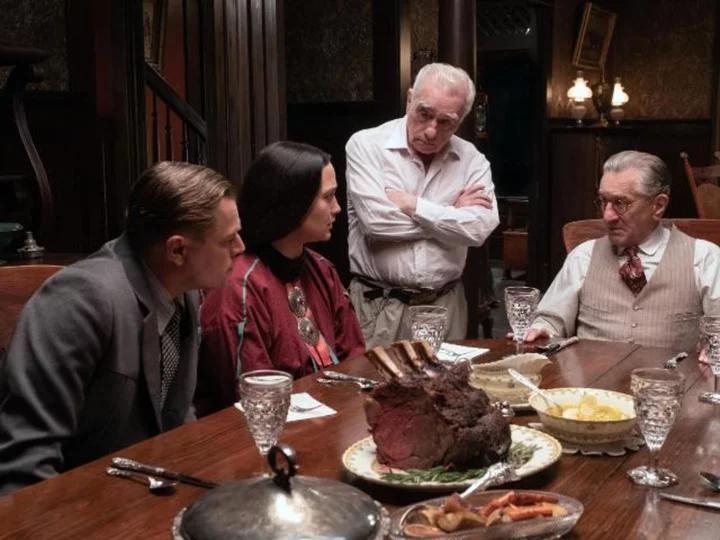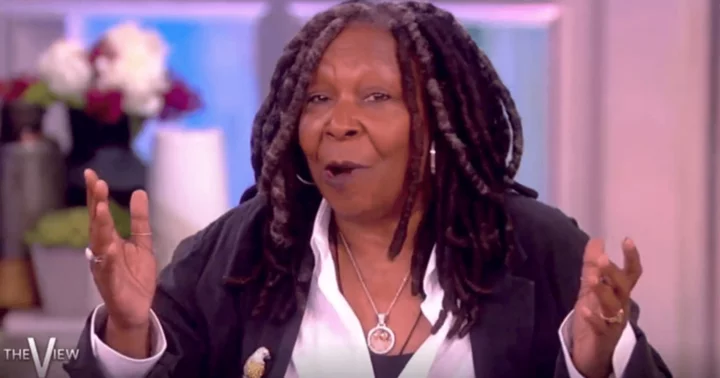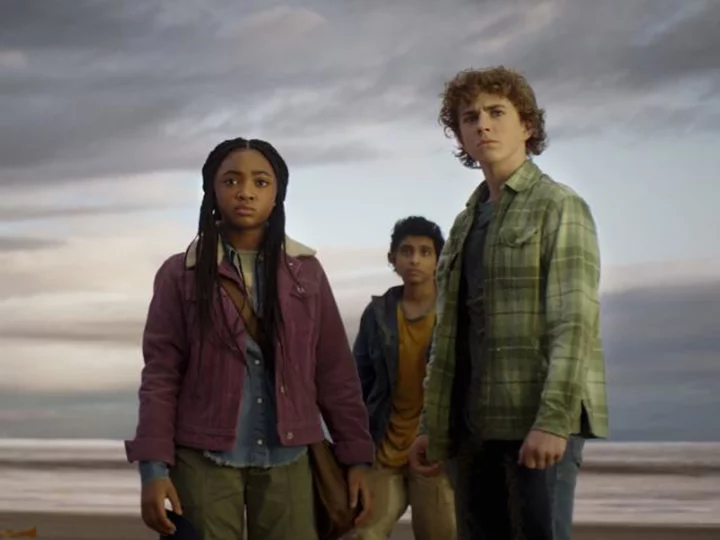Martin Scorsese ranks among the greatest directors of the last half-century, with no mountains left to climb. Yet he appears to remain in denial about changes in the movie business that he loves, and the fact that with his last two films, "The Irishman" and "Killers of the Flower Moon," he has graduated to directing what are, for all intents and purposes, limited series for streaming.
Scorsese made headlines in 2019 when he stated in an interview that Marvel movies were "not cinema" in terms of providing "aesthetic, emotional and spiritual revelation," as he later explained the idea in an op-ed for the New York Times.
The director also acknowledged in that article he understood the shift that had taken place, lamenting that multiplexes were "crowded with franchise pictures." While expressing gratitude that Netflix had allowed him to make "The Irishman" the way he wanted to, he added, "I don't know a single filmmaker who doesn't want to design films for the big screen, to be projected before audiences in theaters."
Still, Scorsese is operating under an old set of rules governing Hollywood, including the one that says, to borrow from an even older adage, when you take the king's money, you give the king his due.
In this case, Scorsese has taken money from streaming service -- first Netflix, now Apple TV+ -- that allowed him to make 3 ½-hour historical dramas that, let's face it, would have struggled to find enough theatrical patronage to justify the investment in our current times, the outlier of "Oppenheimer" notwithstanding. For starters, any studio preoccupied with box office, as opposed to streaming, would have asked, if not insisted, that the 207-minute running time be cut substantially.
What that means, practically, is that after a wider and longer-than-usual theatrical run for awards consideration -- the prestige from that being a primary factor in why Netflix and now Apple wrote those checks -- "Killers of the Flower Moon" will be available on its platform (with a potential boost after nominations are announced) to consume at home.
Running roughly the length of a four-part limited series, most will watch the historical drama in that fashion with interruptions and bathroom breaks, just not those devised by the filmmaker.
Does that degrade or disparage these films in any way? Certainly not as entertainment, and arguably, the limited series has become a haven for some of the most creative storytelling put on screens, whatever their size, in the last decade.
What it does reflect is that Scorsese's view of what constitutes "cinema" has an outdated ring to it as many distinctions between TV and movies have evolved and indeed faded -- a dynamic hastened by the twin phenomena of streaming and a global pandemic.
Other directors, notably, have embraced the unfettered time that streaming offers, from Zack Snyder's four-hour vision of "Justice League" to Baz Luhrmann's upcoming "Faraway Downs," which expands and reimagines his 2008 movie "Australia," starring Nicole Kidman and Hugh Jackman, into a six-episode series with a different ending. The latter premieres on Hulu in November.
Back in 2018, Scorsese's contemporary and friend, Steven Spielberg, expressed misgivings about whether streaming movies merited full consideration for Oscars, telling ITV News, "Once you commit to a television format, you're a TV movie. I don't believe that films that are given token qualifications, in a couple of theaters for less than a week, should qualify for the Academy Award nomination."
Times have changed dramatically in that five-year span. Multiple streaming films have received best-picture nominations, and two of them, "Nomadland" (Hulu) and "CODA" (Apple), won in 2021 and 2022, respectively. There were extenuating circumstances, but those movies overcame concerns about where and how they were seen.
Scorsese's initial point wasn't just a case of "Old man yells at cloud," as some Marvel fans characterized it, and he needn't apologize for finding a way to keep making movies on his terms.
Yet his recent films have further contributed to erasing the bright lines he sought to draw around "cinema," which have only become harder to distinguish as the kind of movies Scorsese champions undergo a transition in the light of a waning moon.
"Killers of the Flower Moon" premieres October 20 in US theaters. It's rated R. (Disclosure: Lowry's wife works for a division of Apple.)









